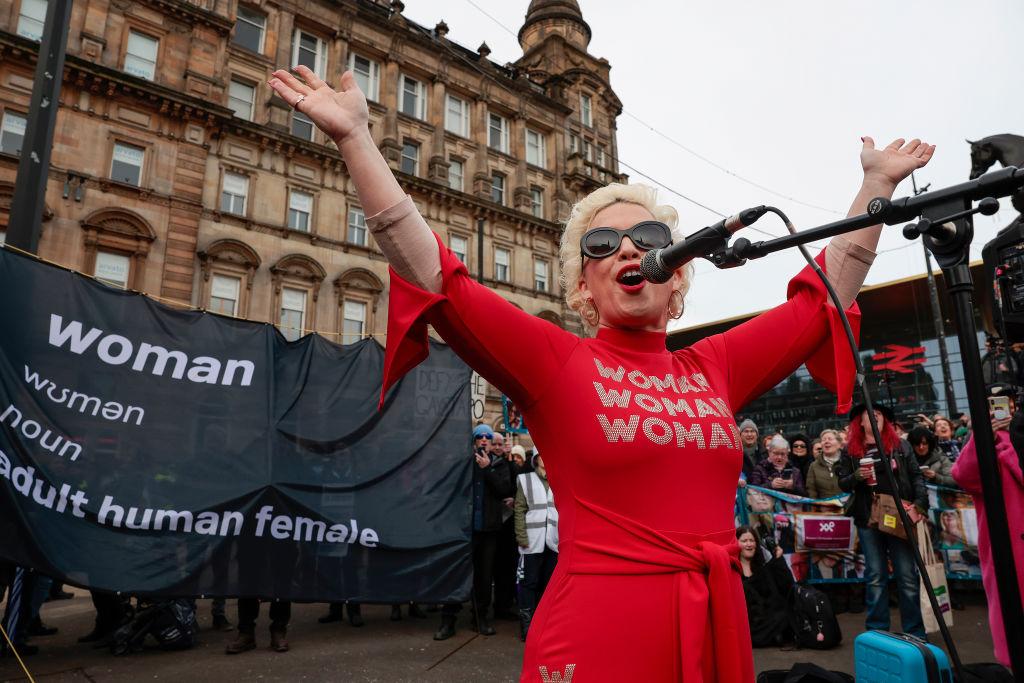Women’s rights activist Kellie-Jay Keen-Minshull, also known as Posie Parker, left New Zealand after people were attacked and mobbed by counter-protesters during her “Let Women Speak” rally in Auckland on March 25, cutting her tour short.
“I genuinely thought if I fell to the floor, I would never get up again, my children would lose their mother, and my husband would lose his wife,” Parker wrote on Twitter. “My security saved my life today, no words can express my gratitude.”





